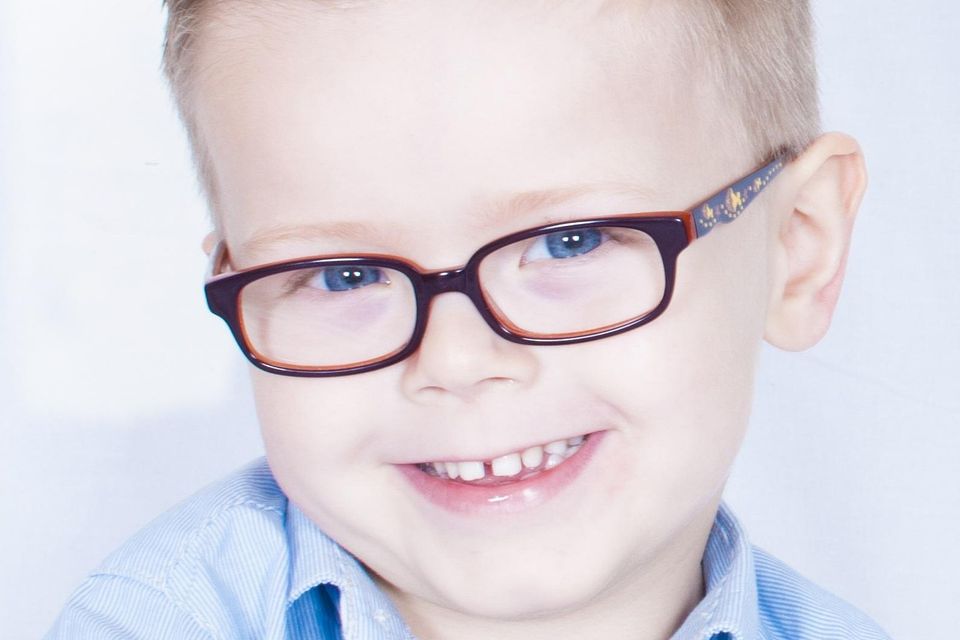
Myopia Management in Cypress, TX
Slow Down Nearsightedness. Protect Long-Term Vision
Myopia (nearsightedness) is rising rapidly in children and teens. We offer evidence-based control options to prevent worsening prescriptions — helping protect your child’s vision for the future.
Myopia Control Options:
Myopia Control Options:
- Low-dose atropine drops
- Soft multifocal contacts
- Screen-time & lifestyle support

